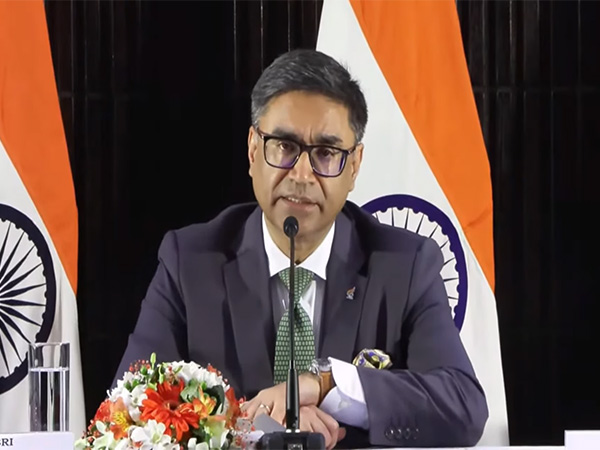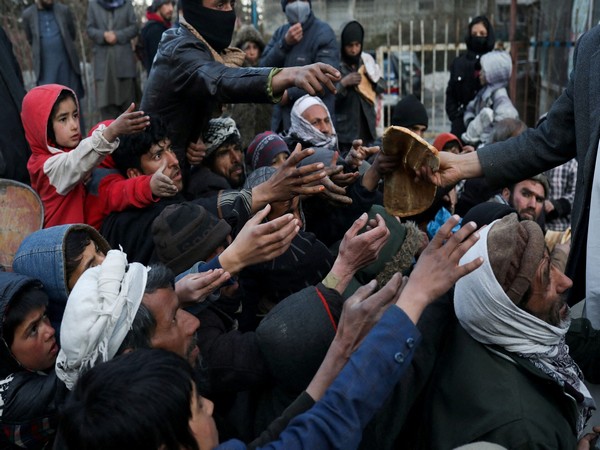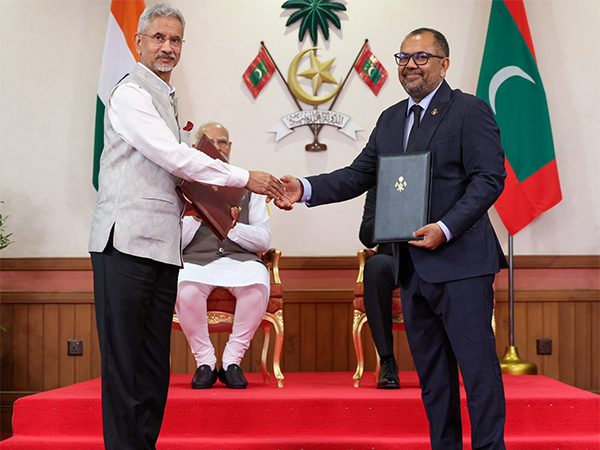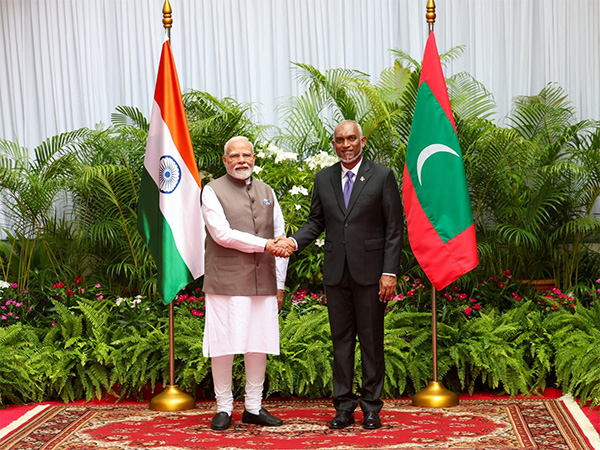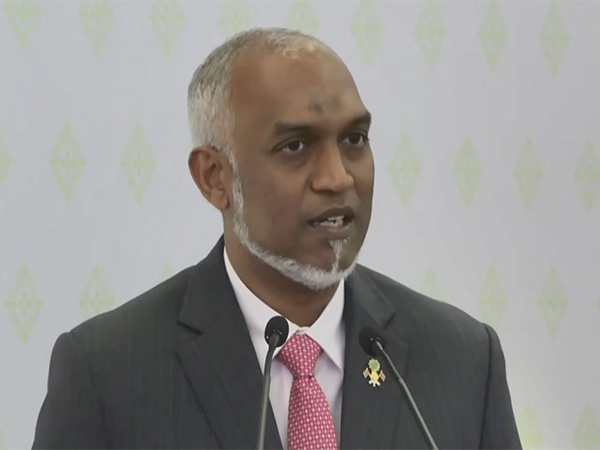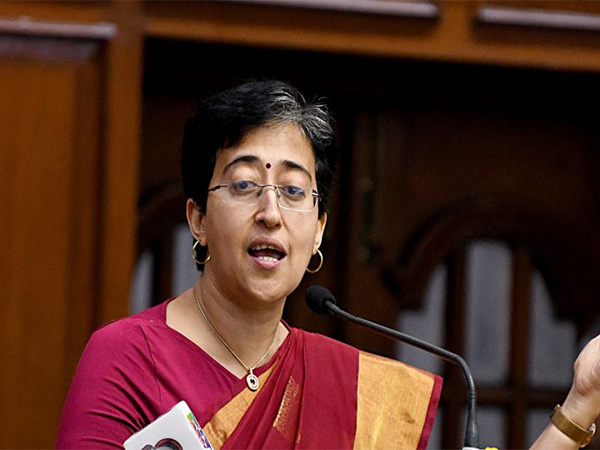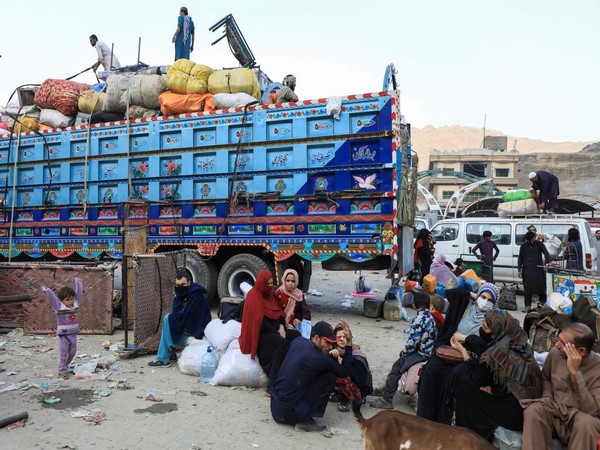
"Undermines Germany's legal and moral credibility": Frankfurt researcher on Afghan deportations
Jul 25, 2025
Berlin [Germany], July 25 : Germany's latest deportation flight to Afghanistan has drawn sharp criticism from peace researchers and human rights advocates, with experts warning the move undermines the country's legal and humanitarian commitments, Khaama Press reported.
On July 18, a deportation flight carrying 81 Afghan men--reportedly with failed asylum claims and criminal records--departed from Leipzig to Kabul. German Interior Minister Alexander Dobrindt called the operation a fulfillment of the coalition government's promise to deport criminals and dangerous individuals to Afghanistan and Syria, as part of what officials describe as a broader "repatriation offensive."
The initiative aims to pressure countries to accept the return of their nationals. However, the move comes amid deep legal and diplomatic concerns, particularly as Germany does not formally recognize the Taliban regime. Despite this, two Taliban-linked representatives are now set to be stationed at the Afghan embassy in Berlin to facilitate future deportations--an unprecedented move, Khaama Press noted.
Nicole Deitelhoff, a peace and conflict researcher from the University of Frankfurt, strongly criticized the decision. Writing in Tagesspiegel, she said, "Who can trust a country that promises safety to its civilian allies, only to abandon them when it matters most?" Deitelhoff further warned that deporting individuals to places where they may face torture or inhumane treatment "undermines Germany's legal and moral credibility," arguing it violates international legal standards.
According to Khaama Press, over 377,000 people of Afghan origin currently reside in Germany, with nearly 11,500 listed as "required to leave" by the Federal Office for Migration and Refugees (BAMF). The agency has not clarified how many of these individuals pose criminal or security threats.
While German officials insist the policy targets serious offenders, critics argue the deportations coincide with a worsening human rights situation in Afghanistan. Since the Taliban regained power in August 2021, following the withdrawal of foreign troops, the country has seen widespread repression--especially targeting girls and women, Khaama Press reported.
Government spokesman Stefan Kornelius acknowledged Qatar's role as a mediator in liaising with Afghanistan's de facto authorities. However, he confirmed that Berlin still does not officially recognize the Taliban regime. "The deportation process will continue," Kornelius said, reiterating the government's stance on national security.
Deitelhoff also criticized the termination of Germany's special admission program for former Afghan aides who supported the German military mission. According to Khaama Press, she emphasized that ending the program damages Germany's international reputation and sends a contradictory message to future partners in conflict zones.
As countries like Russia move to formally recognize the Taliban, Germany's position remains in flux. Legal and humanitarian voices warn that policies rooted in fear rather than justice could damage Germany's asylum framework and global standing.


